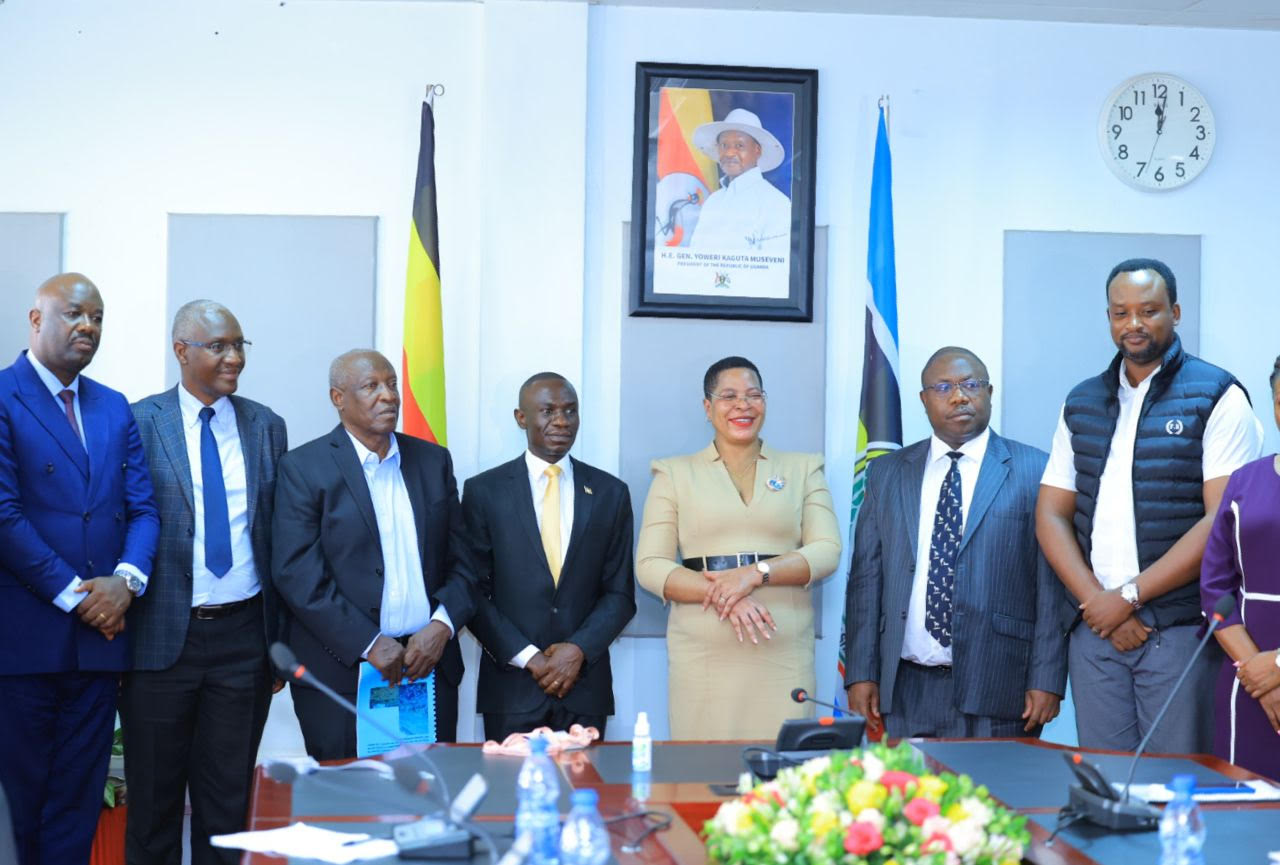Speaker Among to address tea sector plight

Speaker Anita Among has given Parliament’s assurances to the distraught tea sector, which is hurt by price drops and expensive inputs.
In a meeting with sector leaders from the Tea Farmers of Kabarole District who presented a petition, Speaker Among said the otherwise profitable crop has been ruined by neglect, and promised that Parliament will exhaustively address their concerns.
“We are going to exhaustively look at your prayers and handle them one by one; thank you for choosing Parliament to handle your issues…I have heard other farmers cutting down their tea plantations out of frustration; Parliament through the Committee on Agriculture, Animal Industry and Fisheries will adequately address your concerns,” she said on Monday 26 February 2024.
Speaker Among said unlike coffee and cotton which have various systems supporting their marketing, the tea sector is noticeably bereft of any institutional framework to support its marketing and negotiate better prices and subsidies.
“There is no marketing strategy for tea; we don’t have appropriate mechanisms to promote tea, yet it is strategic and brings in so much money; we should have a legal framework to support its growing, marketing and quality management,” she added.
The tea farmers’ petition was presented by Mr Sifar Sanyu, in the presence of Mr Richard Rwabuhinga, the President of Uganda Local Government Association.
Their main concern centered around prices, a comprehensive policy on tea, among others.
“Government through the Ministry of Agriculture, Animal Industry and Fisheries should2 spearhead a faster processing of enacting a comprehensive tea policy which will address issues of green leaf and processed tea quality thus increasing the selling prices of Uganda’s tea on the global market,” reads the petition in part.
The tea farmers prayed for a Shs5 billion stabilisation fund to bail out those struggling in the sector, a one year waiver on corporate statutory obligations and a subsidy on inputs for the sector.
Rule 30 of the Parliament Rules of Procedure provides mechanisms for managing petitions, which starts with a Member of Parliament presenting it to Parliament, sent to the relevant Committee, and then disposed of by House through considering specific prayers in the Committee.
